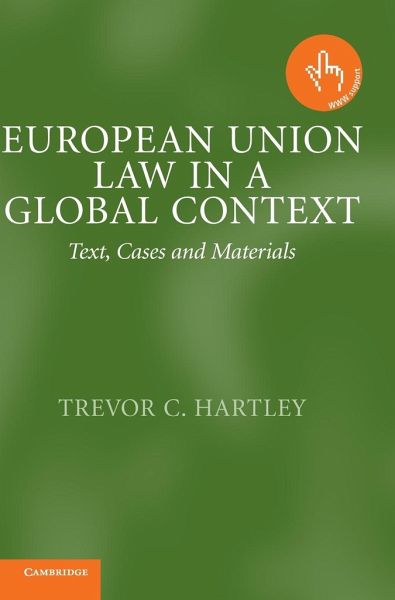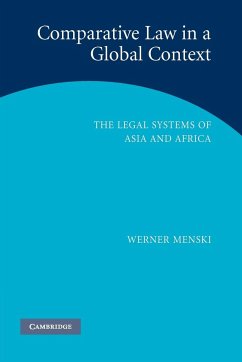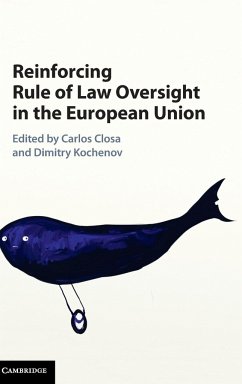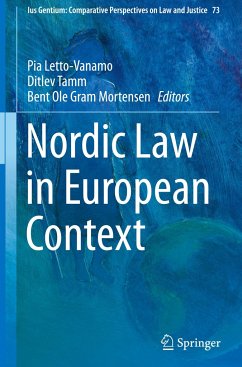
European Union Law in a Global Context

PAYBACK Punkte
46 °P sammeln!
European Union Law in a Global Context is a comprehensive introduction to European law in its international context. Trevor Hartley provides an explanation of the basic principles of each topic covered. He examines the institutions of the EU and the law-making process; the European Court and international adjudication; EU law (and international law) in national courts; human rights, especially under EU law and the ECHR; the international relations of the EU; remedies under EU law; and the elements of the free movement of goods, persons and services. The coverage of the practical application of...
European Union Law in a Global Context is a comprehensive introduction to European law in its international context. Trevor Hartley provides an explanation of the basic principles of each topic covered. He examines the institutions of the EU and the law-making process; the European Court and international adjudication; EU law (and international law) in national courts; human rights, especially under EU law and the ECHR; the international relations of the EU; remedies under EU law; and the elements of the free movement of goods, persons and services. The coverage of the practical application of EU law in British courts will meet the requirements of those intending to become practitioners, and the inclusion of extracts from leading cases, as well as from the EC treaties and other instruments, ensures that everything the reader will need is contained in a single volume.














